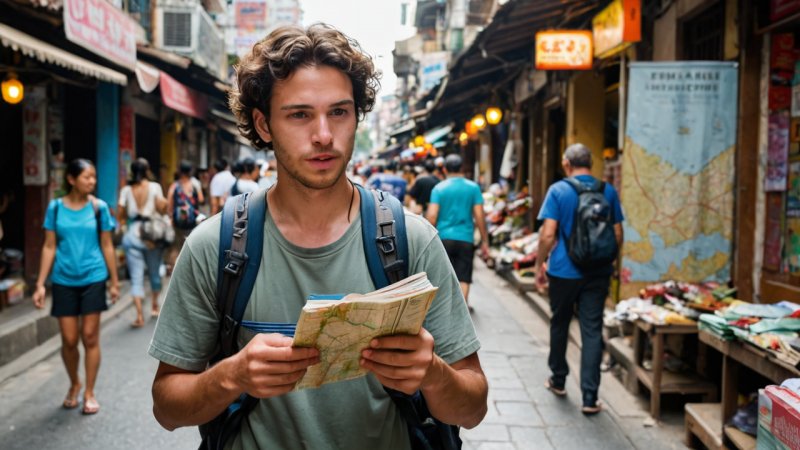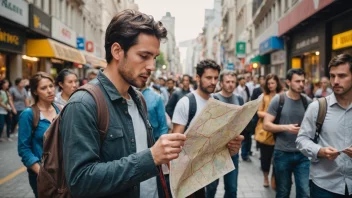Traveling on a budget doesn’t mean you have to compromise on safety. In fact, being mindful of your budget can often lead to more intelligent choices that enhance your travel experience. When exploring new destinations, especially on a shoestring, it’s crucial to stay alert and informed. Here are some essential safety tips to keep you secure while maximizing your travel adventures without breaking the bank.
1. Research Your Destination
Before you embark on your journey, invest some time in researching your destination. Knowledge is your best defense against potential dangers. Look into:
- Local customs and laws: Understanding the cultural norms can help you avoid unintentionally offending locals.
- Common scams: Every tourist hotspot has its share of scams. Being aware of these will help you avoid falling victim.
- Neighborhood safety: Identify which areas are safe to walk and which ones to avoid, especially at night.
2. Keep Your Valuables Secure
In a new environment, it’s easy to become distracted and forget to keep your valuables safe. Here are some tips:
- Use a money belt: Keep your passport, extra cash, and credit cards close to your body and out of sight.
- Limit what you carry: Only take what you need for the day, leaving unnecessary valuables in a secure location.
- Stay aware: Be conscious of your surroundings, and avoid displaying expensive items like jewelry or electronics.
3. Use Public Transport Wisely
Public transportation is often the most budget-friendly way to get around, but it comes with its own set of challenges. To ensure your safety:
- Travel during peak hours: Buses and trains are usually safer when crowded.
- Know your route: Familiarize yourself with the transit map to avoid looking lost, which can attract unwanted attention.
- Keep personal items close: Hold your bags firmly and be cautious of pickpockets, especially in crowded areas.
4. Stay Connected
In our digital age, staying connected while traveling is easier than ever. Here’s how to leverage technology for your safety:
- Share your itinerary: Inform a trusted friend or family member of your travel plans, including accommodation details and expected arrival times.
- Use safety apps: Download apps like Google Maps for navigation and local emergency numbers for quick access.
- Keep your phone charged: Always have a portable charger with you, ensuring you can reach help if needed.
5. Trust Your Instincts
Your gut feeling can be a powerful tool when it comes to safety. Here’s how to trust your instincts:
- Be cautious: If you feel uncomfortable in a situation or with a person, it’s okay to leave or change your plans.
- Choose your companions wisely: Surround yourself with people who respect your boundaries and share your values.
- Practice situational awareness: Stay alert and mindful of your surroundings, and don’t hesitate to seek help if something feels off.






